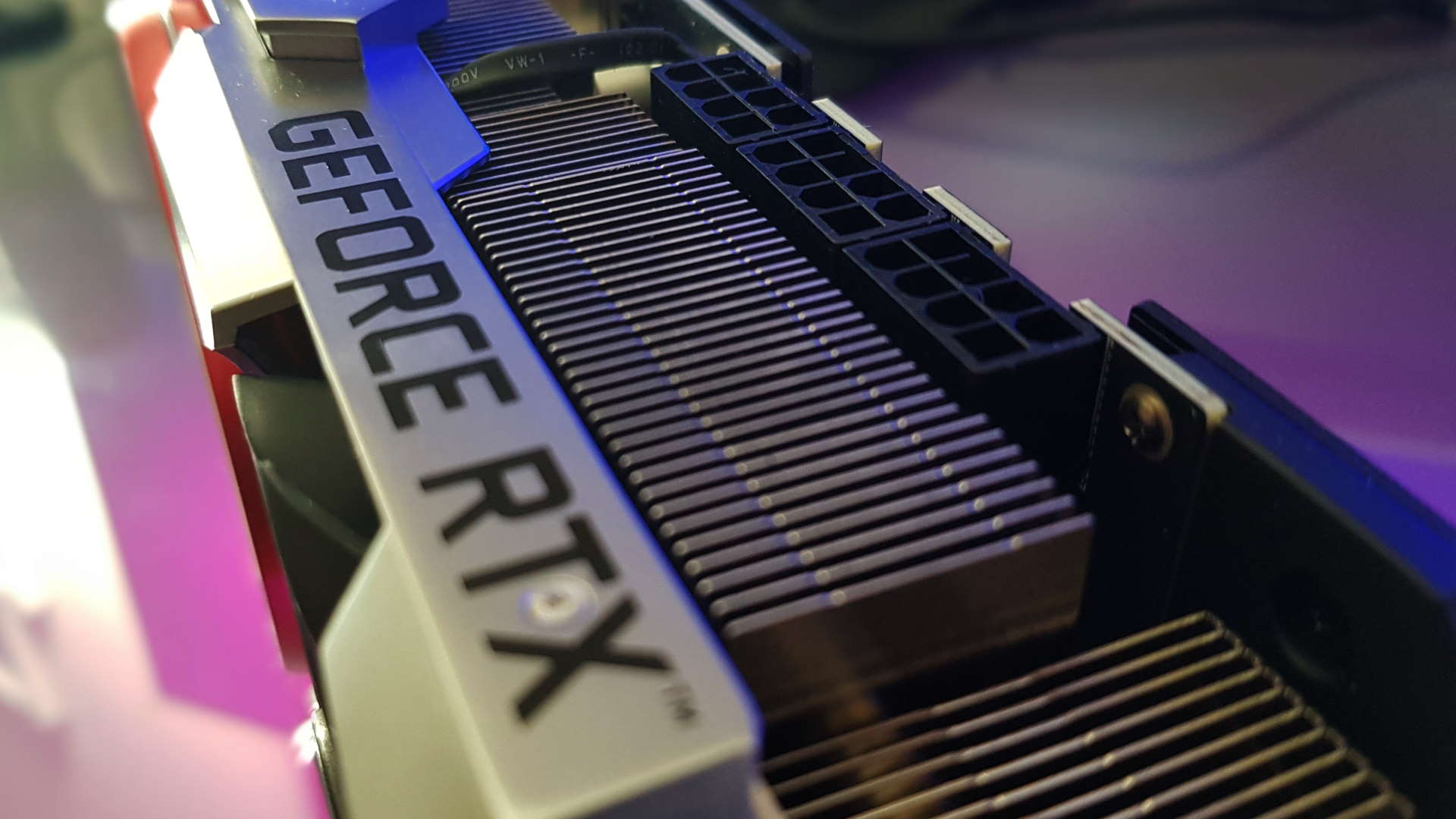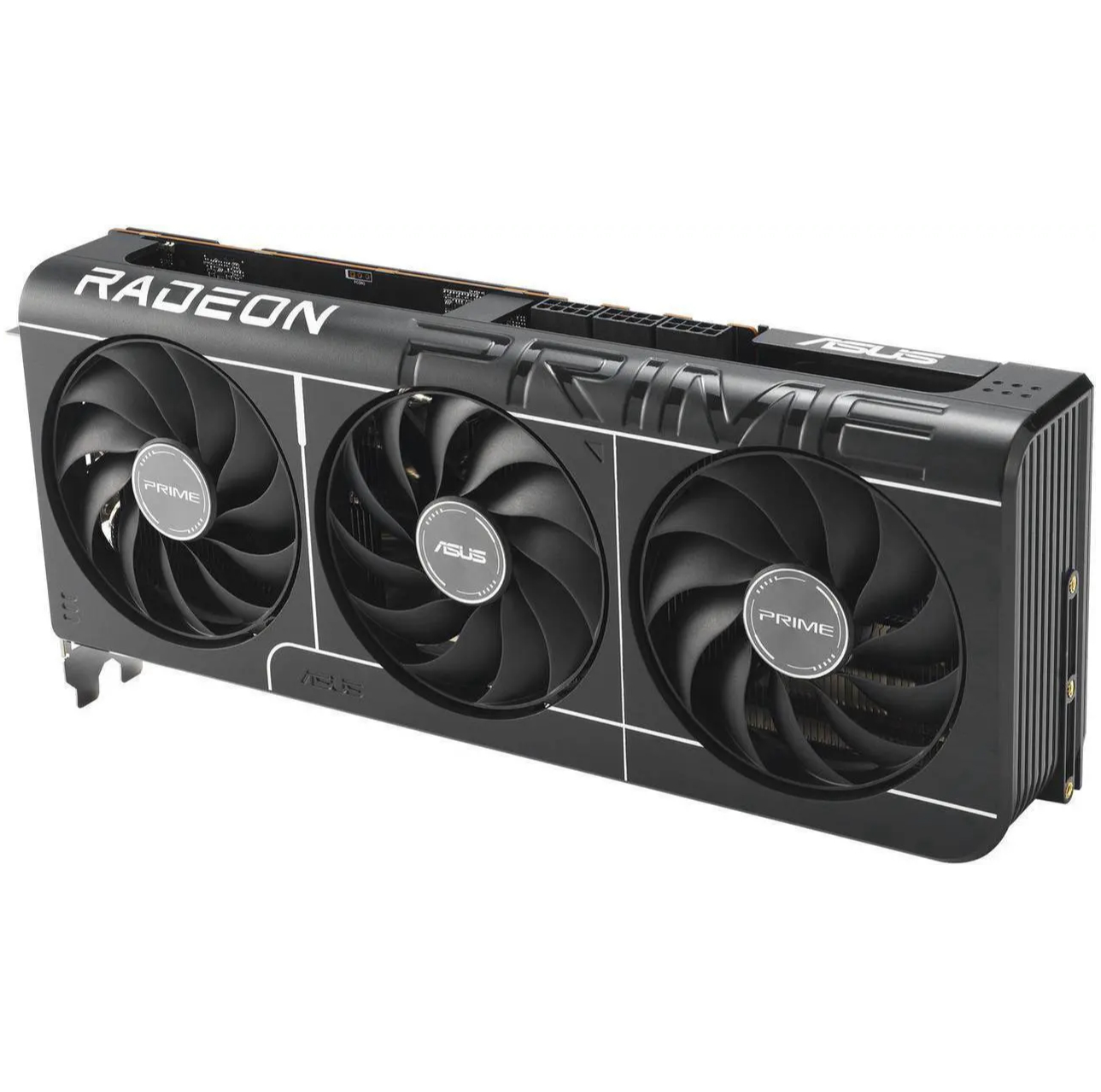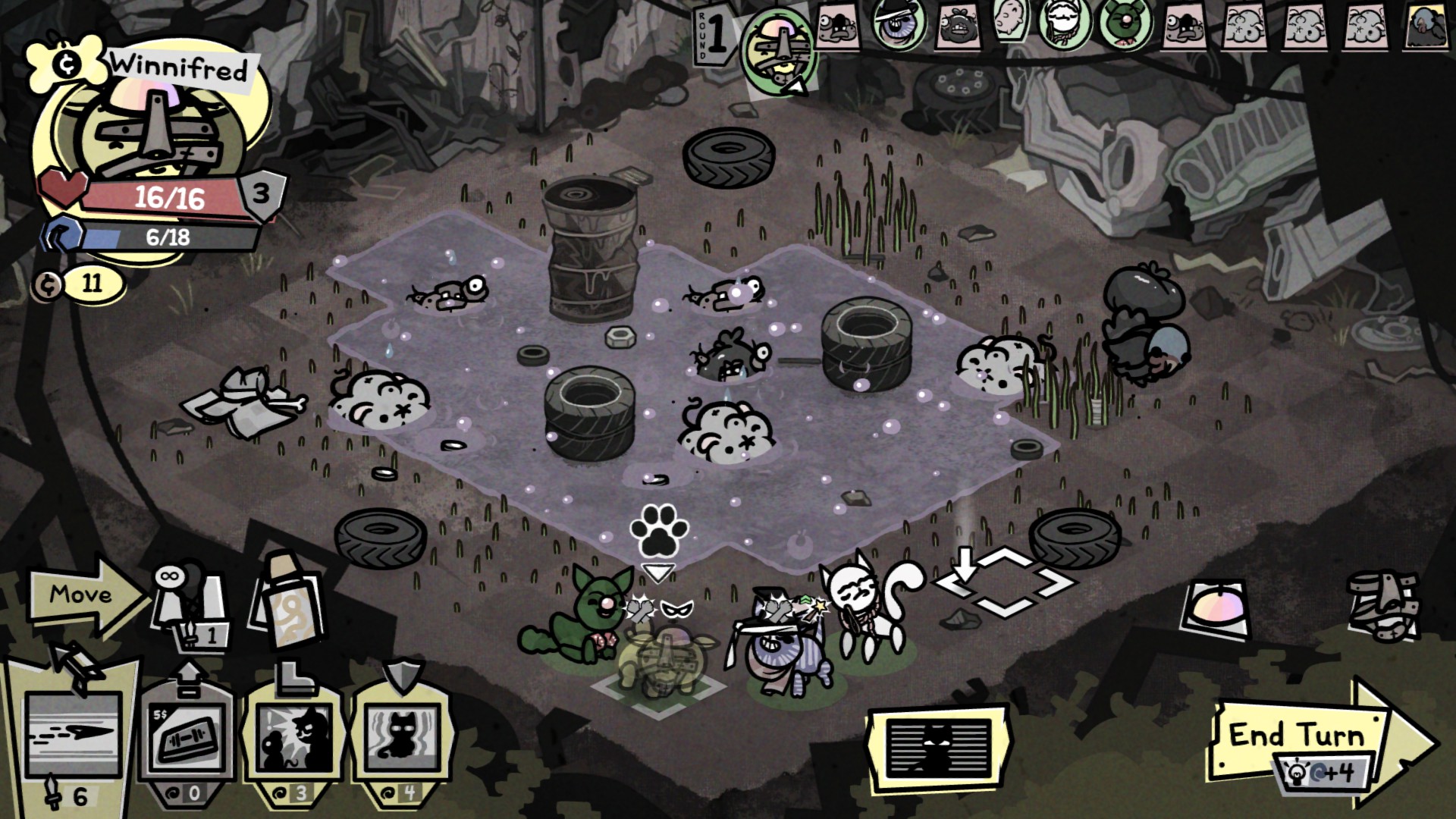While we're still waiting for games to use Nvidia's RTX IO tech, data centres get another bit of hardware to remind us they've been using it all this time
Like a Scooby Doo reveal, RTX IO is GPUDirect with a mask on. Well, it was.

Keep up to date with the most important stories and the best deals, as picked by the PC Gamer team.
You are now subscribed
Your newsletter sign-up was successful
Want to add more newsletters?

Every Friday
GamesRadar+
Your weekly update on everything you could ever want to know about the games you already love, games we know you're going to love in the near future, and tales from the communities that surround them.

Every Thursday
GTA 6 O'clock
Our special GTA 6 newsletter, with breaking news, insider info, and rumor analysis from the award-winning GTA 6 O'clock experts.

Every Friday
Knowledge
From the creators of Edge: A weekly videogame industry newsletter with analysis from expert writers, guidance from professionals, and insight into what's on the horizon.

Every Thursday
The Setup
Hardware nerds unite, sign up to our free tech newsletter for a weekly digest of the hottest new tech, the latest gadgets on the test bench, and much more.

Every Wednesday
Switch 2 Spotlight
Sign up to our new Switch 2 newsletter, where we bring you the latest talking points on Nintendo's new console each week, bring you up to date on the news, and recommend what games to play.

Every Saturday
The Watchlist
Subscribe for a weekly digest of the movie and TV news that matters, direct to your inbox. From first-look trailers, interviews, reviews and explainers, we've got you covered.

Once a month
SFX
Get sneak previews, exclusive competitions and details of special events each month!
Every now and then, a new product will be launched, boasting a nifty bit of tech. But rather than making me think about how cool it all is, I just end up going, 'Hang on, haven't we seen this before?' One such example is a new PCIe 5.0 switch for data centers, that allows data to stream directly from SSDs to GPUs, using a system called GPUDirect. That's exactly what Nvidia's RTX IO was supposed to do, except it doesn't seem to any more, which might explain why it's pretty much disappeared from everyone's radar.
The switch in question is a HighPoint Rocket 7638D, as reported by Tom's Hardware. It's of no use to a gaming PC, as it's exclusively for Nvidia's AI GPUs that support a bit of tech called GPUDirect. It basically provides a direct data path between storage, such as an NVMe, and a GPU's VRAM, neatly bypassing the CPU and system memory. It's been around since 2019, a little earlier than RTX IO.
That was a much-hyped feature of GeForce RTX 30-series GPUs, and Nvidia expressly said that it allows "streaming directly from SSD to GPU memory." However, if you read the current webpage for RTX IO, that's not mentioned at all, and instead just focuses on its other performance-enhancing aspects.
A couple of years ago, RTX IO was demonstrated using Valve's Portal to highlight the speed at which assets can be loaded into VRAM, but all the talk was about GPU decompression and the saving of CPU cycles. The whole 'SSD directly to GPU' thing was notable by its total absence.
Which is all very puzzling. Why does Nvidia's data centre stuff get GPUDirect but its gaming products don't? Why was this part of RTX IO to begin with, but then gets quietly dropped? In fact, what's going on with RTX IO full stop? I suspect the answer lies with Microsoft's DirectStorage.
That's an API which provides a far more streamlined way of transferring data from storage to GPU memory. Unlike GPUDirect, the CPU and system RAM aren't skipped, but the API handles the calls for data in a far more parallel manner than is normally done, reducing the workload on the CPU.
A revision of DirectStorage added GPU decompression, where files can remain compressed until they're in VRAM and then get unpacked via shader cores. One of the compression formats DirectStorage supports is GDeflate, which was developed by Nvidia for RTX IO.
Keep up to date with the most important stories and the best deals, as picked by the PC Gamer team.
None of this explains why "streaming directly from SSD to GPU memory" is missing from RTX IO now, of course, but it could be down to it not working very well, or a lack of interest from game developers. After all, DirectStorage isn't widely used even now, and the few games that do use it typically don't enable GPU decompression.
Anyway, while I'm waiting for RTX IO to be used properly in a full game, I'll just sit here staring jealously at consoles and data centres, all enjoying blisteringly fast load times and SSD-GPU harmonious data flinging. I know it sounds a bit like I'm flinging my toys out of my pram, but it'd be nice to have the toys I was promised in the first place.

1. Best overall: AMD Radeon RX 9070
2. Best value: AMD Radeon RX 9060 XT 16 GB
3. Best budget: Intel Arc B570
4. Best mid-range: Nvidia GeForce RTX 5070 Ti
5. Best high-end: Nvidia GeForce RTX 5090

Nick, gaming, and computers all first met in the early 1980s. After leaving university, he became a physics and IT teacher and started writing about tech in the late 1990s. That resulted in him working with MadOnion to write the help files for 3DMark and PCMark. After a short stint working at Beyond3D.com, Nick joined Futuremark (MadOnion rebranded) full-time, as editor-in-chief for its PC gaming section, YouGamers. After the site shutdown, he became an engineering and computing lecturer for many years, but missed the writing bug. Cue four years at TechSpot.com covering everything and anything to do with tech and PCs. He freely admits to being far too obsessed with GPUs and open-world grindy RPGs, but who isn't these days?
You must confirm your public display name before commenting
Please logout and then login again, you will then be prompted to enter your display name.


